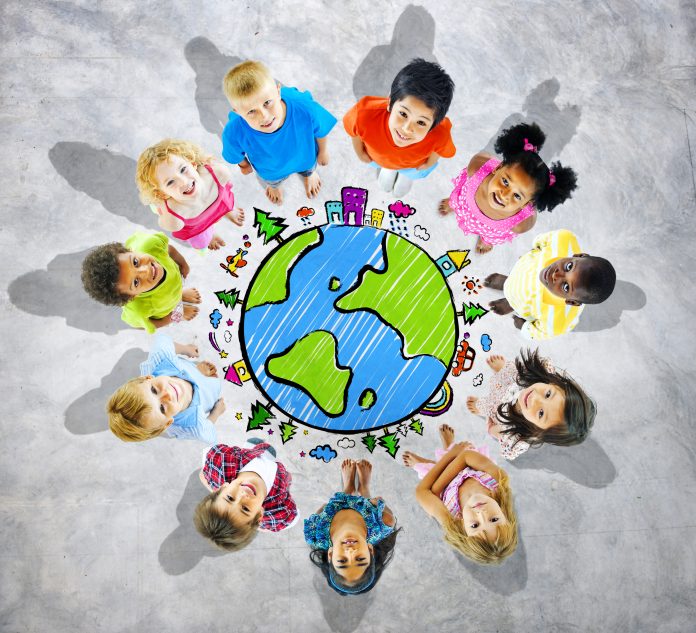Global citizenship encompasses the social, environmental, and economic actions taken by individuals and communities who recognize every person as a citizen of the world. It emphasizes the profound interconnectedness of decisions across the globe, highlighting the shared humanity and equal worth of all individuals.
This deeper understanding of global citizenship involves being open to engaging positively with diverse identities and cultures while recognizing and challenging stereotypes. It extends to the fair use and distribution of the Earth’s resources, upholding the human rights of all individuals. True global citizenship requires a commitment beyond vocalizing views on social media, urging individuals to contribute substantively to their nation’s growth and development.
A genuine global citizen is someone who is not only aware of the wider world but actively takes part in making the planet more peaceful, sustainable, and fairer. This involves exploring local and global connections, understanding issues of social justice, engaging with the complexity of global matters, applying learning to real-world contexts, and seizing opportunities for informed, reflective action. The role of a global citizen is not confined to one’s immediate community but extends to the broader global landscape.

Global citizenship brings a plethora of benefits to individuals, particularly the youth. It helps them build a nuanced understanding of world events, encourages reflection on their values, enables the application of learning to real-world situations, and empowers them to challenge ignorance and intolerance. Additionally, it fosters active involvement in local, national, and global communities, the development of persuasive arguments, the articulation of opinions, and the realization of their power to act and influence the world around them.
Moreover, global citizenship serves as a source of inspiration and information for teachers and parents. It illustrates that young people have a voice in a rapidly changing world and can contribute significantly to building a fairer, safer, and more secure global community.
The interconnectedness of global citizenship prompts individuals to confront complex questions regarding patriotism and allegiance. While passionate declarations of patriotism are often heard, it is essential to question whether these sentiments are genuine or merely superficial displays driven by political motives.

As we grapple with the challenges of the 21st century, embracing global citizenship becomes imperative. It is a call to action, an invitation to explore new boundaries, and a reminder that our collective efforts can contribute to building a fairer, more sustainable, and interconnected global community. It emphasizes the interconnectedness of nations, cultures, and individuals, urging people to move beyond superficial displays of allegiance.
The concept of global citizenship serves as a hope for individuals and communities navigating the complexities of the modern world. True global citizenship involves active engagement, contribution to societal growth, and respect for diverse cultures. In this journey, true patriotism aligns with the principles of global citizenship, accentuating the substantive contributions individuals make to their nations and the broader world.
Sources




